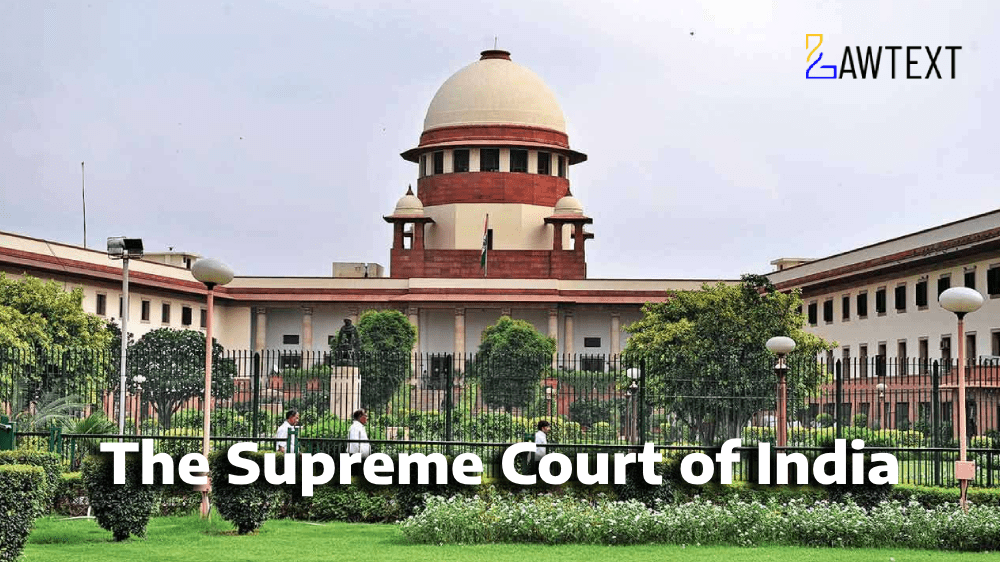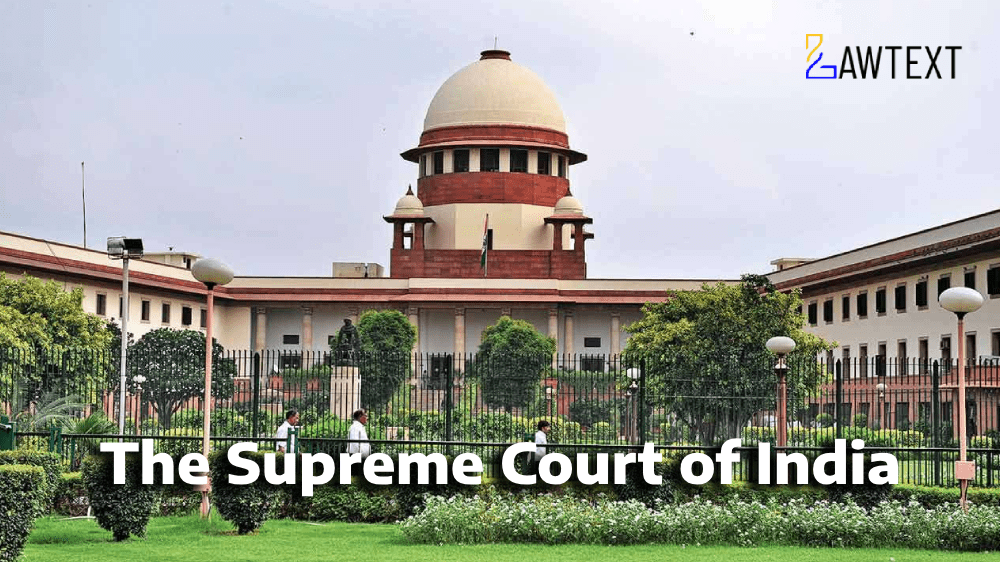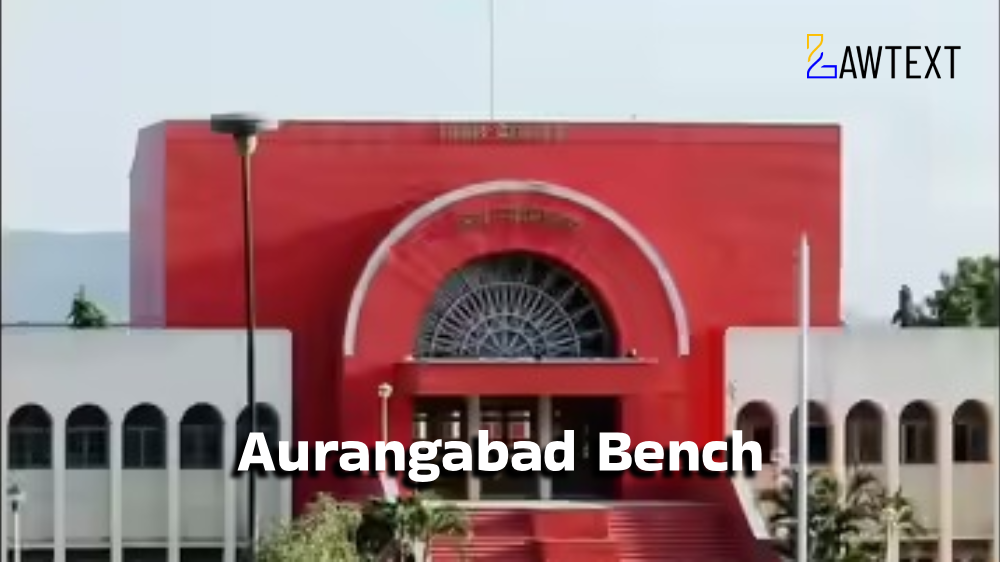Case Note & Summary
The Supreme Court examined whether a legislator receiving a bribe for voting or speaking in the legislature is protected under parliamentary privilege as outlined in Articles 105 and 194 of the Constitution. This case revisits the earlier landmark decision in PV Narasimha Rao (1998), which granted MPs immunity from prosecution for bribery if their actions were connected to parliamentary duties. The Court is now reconsidering the limits of this immunity, specifically whether accepting bribes is integral to parliamentary functions and if it should be protected under these constitutional provisions. 1. Case Background (Paras 1-5) Election and Allegations: The case arises from allegations against Sita Soren, an MLA from Jharkhand, accused of accepting a bribe in exchange for voting in the Rajya Sabha elections. However, she did not vote for the alleged bribe-giver but for her party candidate. The High Court of Jharkhand declined to quash the proceedings, leading to an appeal. Parliamentary Privilege: The appellant invoked Article 194(2), claiming immunity similar to that granted in PV Narasimha Rao (1998), where MPs were immune from prosecution for acts related to legislative functions. 2. Core Legal Question (Paras 6-7) Issue: The central question is whether Article 194(2) of the Constitution, which grants privileges to state legislators, provides immunity for acts of bribery. The Court is revisiting the majority decision in PV Narasimha Rao that extended such immunity to MPs. 3. Historical Overview of Parliamentary Privileges (Paras 46-60) Development: Parliamentary privilege, codified in Articles 105 and 194, grants legislators immunity for actions related to their legislative functions. However, the Court delves into whether bribery should be included under this scope. 4. International Context (Paras 87-114) Comparative Analysis: The judgment draws on examples from the UK, USA, Canada, and Australia, where legislators are subject to criminal laws for bribery, indicating that privilege does not extend to corrupt practices. 5. Conclusion (Paras 131-135) Rethinking Immunity: The Court is inclined to reconsider whether bribery should be protected under legislative immunity. The scope of Article 194(2) is likely to be clarified, potentially limiting the protection lawmakers currently enjoy. Acts and Sections Discussed: Article 194(2): Provides immunity to state legislators for anything said or voted in the legislature. Article 105(2): Similar provision for members of Parliament. Prevention of Corruption Act, 1988: Addresses bribery and corruption among public officials, including legislators. Ratio:
The Court is re-examining the interpretation of parliamentary privilege and its scope concerning bribery, with a significant focus on public integrity and probity in governance. The ruling in PV Narasimha Rao has been questioned as it potentially allows immunity for corrupt practices. This case aims to balance legislative freedom with accountability under criminal law.
Subjects: Bribery, Parliamentary Privilege, Immunity of Legislators Immunity, Legislative Privilege, Supreme Court, Constitutional Law, Public Accountability, Corruption Law.
Issue of Consideration: Sita Soren Versus Union of India
Premium Content
The Issue of Consideration is only available to subscribed members.
Subscribe Now to access critical case issues








